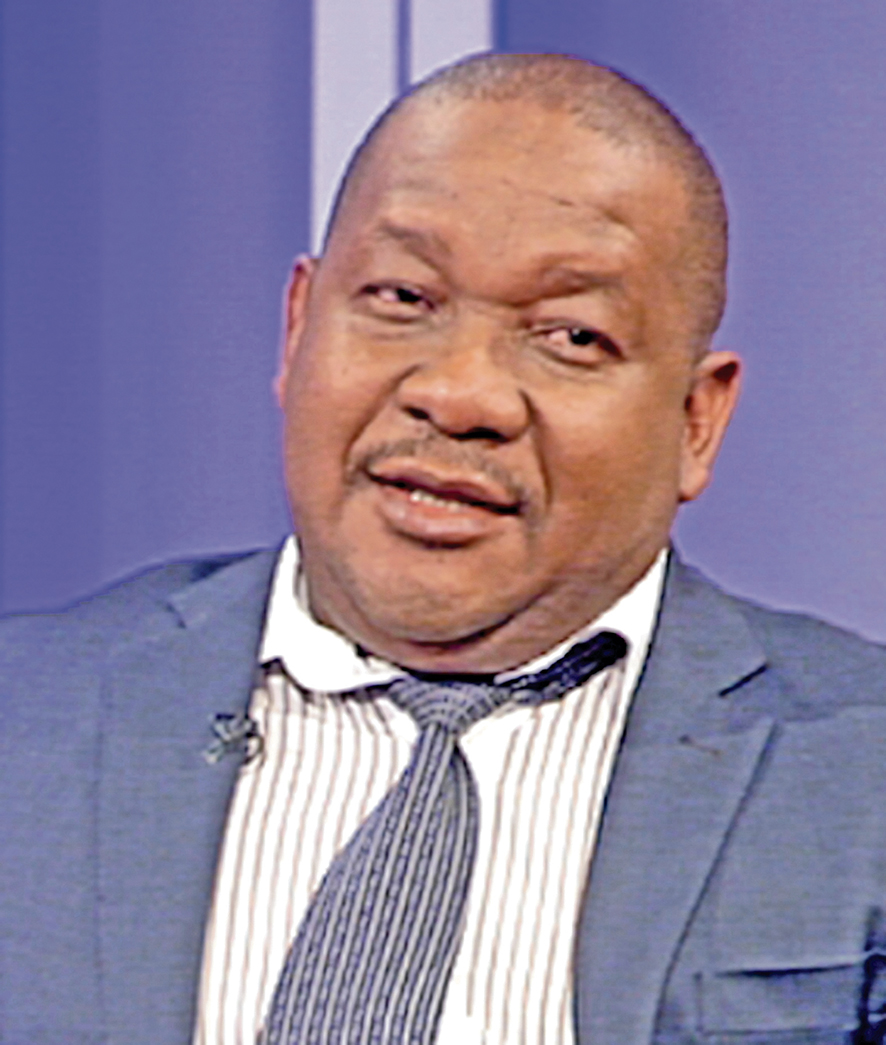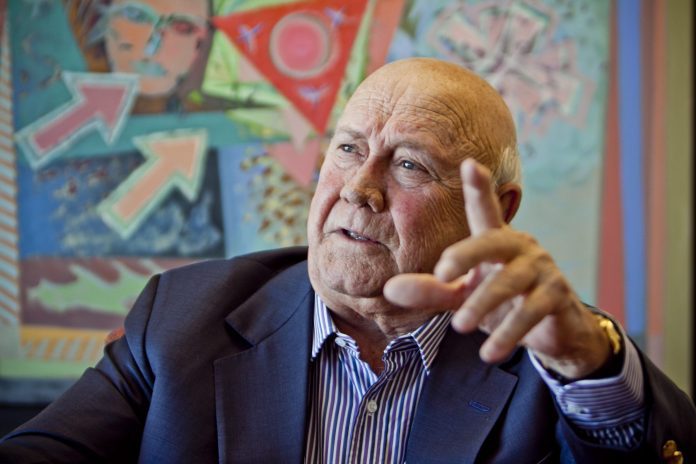Johannesburg- Unfortunately for black people, FW de Klerk’s post ’94 legacy represents white triumphalism and continued black marginalisation from the socio-economic mainstream of South Africa.
White triumphalism because democracy has been a boom for them, and black marginalisation because nothing changed for them other than the right to vote.
De Klerk did not steer the erstwhile National Party into the establishment of democracy in South Africa. Rather, De Klerk led the redefinition of the struggle for access to resources in the country.
He led the process of taking the struggle against apartheid away from the bush, armed struggle, international sanctions and domestic activism, where blacks had an advantage into a liberal parliament and judicial chambers where whites have an unfettered advantage.
[membership level=”1″]De Klerk’s historical mission has been one to secure apartheid’s socio-economic patterns without the use of force, or rather with minimal force. Sustaining apartheid in its raw form was becoming increasingly costly financially in terms of human resources and global diplomacy.
Guided by the apartheid white intelligentsia, De Klerk led a political front to redefine power relations in the country without tempering economic relations. This process was codified through the Codesa process.
The Codesa that De Klerk is wrongly accredited for, as a democratisation process, was merely meant to redefine the contours of elite power struggles in South Africa. It was an attempt to arrest the liberation agenda and castrate liberation movements in an abrupt manner so as to perpetuate complete domination by whites.
This De Klerk-led redefinition of apartheid was well-carried out through the Codesa process, which legitimised him as a peacemaker and anyone else as a warmonger.
Without any change whatsoever, the international sanctions against the apartheid regime were lifted, the armed struggle was abandoned, De Klerk, the oppressor, was elevated to Nelson Mandela’s status and given a Nobel Peace prize, and eventually, the property clause was entrenched in the constitution.
The property clause literally guaranteed the sustenance of white minorities within the mainstream economy, while continuing the banishing of the black majority into the margins of their own country.
In essence, De Klerk sugar-coated apartheid, and the propaganda mill started in earnest.
The constitution that guaranteed white minority safety from redistribution of wealth was dubbed the “best constitution in the world” without any justification given or demanded. This arrest of the liberal agenda was dubbed a “miracle”. The stark contrast between white affluent suburbs and poor townships was dubbed “rainbow nation”, very apt as rainbow colours run parallel but do not mix or change positions.
Mandela was also appropriated by white minorities as a beacon of “reconciliation and nation-building”, but without redistribution of the nation’s wealth. De Klerk is a post-94 apartheid triumphalist. It is for this reason that he denied that apartheid was a “crime against humanity and a genocide”.
It is for this triumphalism that he dared establish the FW de Klerk Foundation to sanitise his white supremacist legacy while pretending to be a champion of liberal democracy.
One wonders whether a Hitler associate would be allowed to establish a Hitler Foundation in that country or an Ian Smith Foundation in Zimbabwe.
De Klerk’s post ’94 triumphalism will continue to manifest itself for decades, and the symptoms are shattering for black people. For one, the National Assembly that De Klerk championed through Codesa acts confused on land redistribution, particularly from the
liberation movement benches.
The performance of the liberation movement in the last local government elections is a clear manifestation of the death of liberation politics engineered at Codesa and implemented post-1994.
Through De Klerk’s engineered conservative governance system, the liberation movement finds itself welcoming a status of an opposition party before the attainment of Uhuru.
In De Klerk’s triumphant legacy, apartheid lives on post ’94. Racists are more brazen than ever before, as he was in his apartheid denialism. Racists brazenly call murderers of black people their “heroes”.
Stuck in black powerlessness, all that is demanded of apartheid triumphalists is an apology. But then, victors never ask who they defeated to apologise – they command the defeated to apologise.
The death of De Klerk should be an activation for black people to realise that the veins of South Africa’s liberal democracy are not meant to attain the goals of liberation.
The Codesa that De Klerk led was a merely redefined terrain of the struggle for South Africa’s resources that pitted the minority haves against the majority have-nots. De Klerk and his people emerged triumphantly. Hence, in the post-94 apartheid SA, De Klerk’s legacy is the conservative state of affairs.
De Klerk did what he had to do for his white people. The question is: what are black political leaders doing for their black people!

- Tembe is a political analyst and executive director at Kunjalo CDR
Follow @SundayWorldZA on Twitter and @sundayworldza on Instagram, or like our Facebook Page, Sunday World, by clicking here for the latest breaking news in South Africa. To Subscribe to Sunday World, click here.Sunday World
[/membership] [pmpro_signup submit_button=”Register” level=”1″ login=”1″ redirect=”referrer” short=”false” title=”Thank you for choosing Sunday World, to read this article for free, please register below at no cost.” short=”true” custom_fields=”true”]


